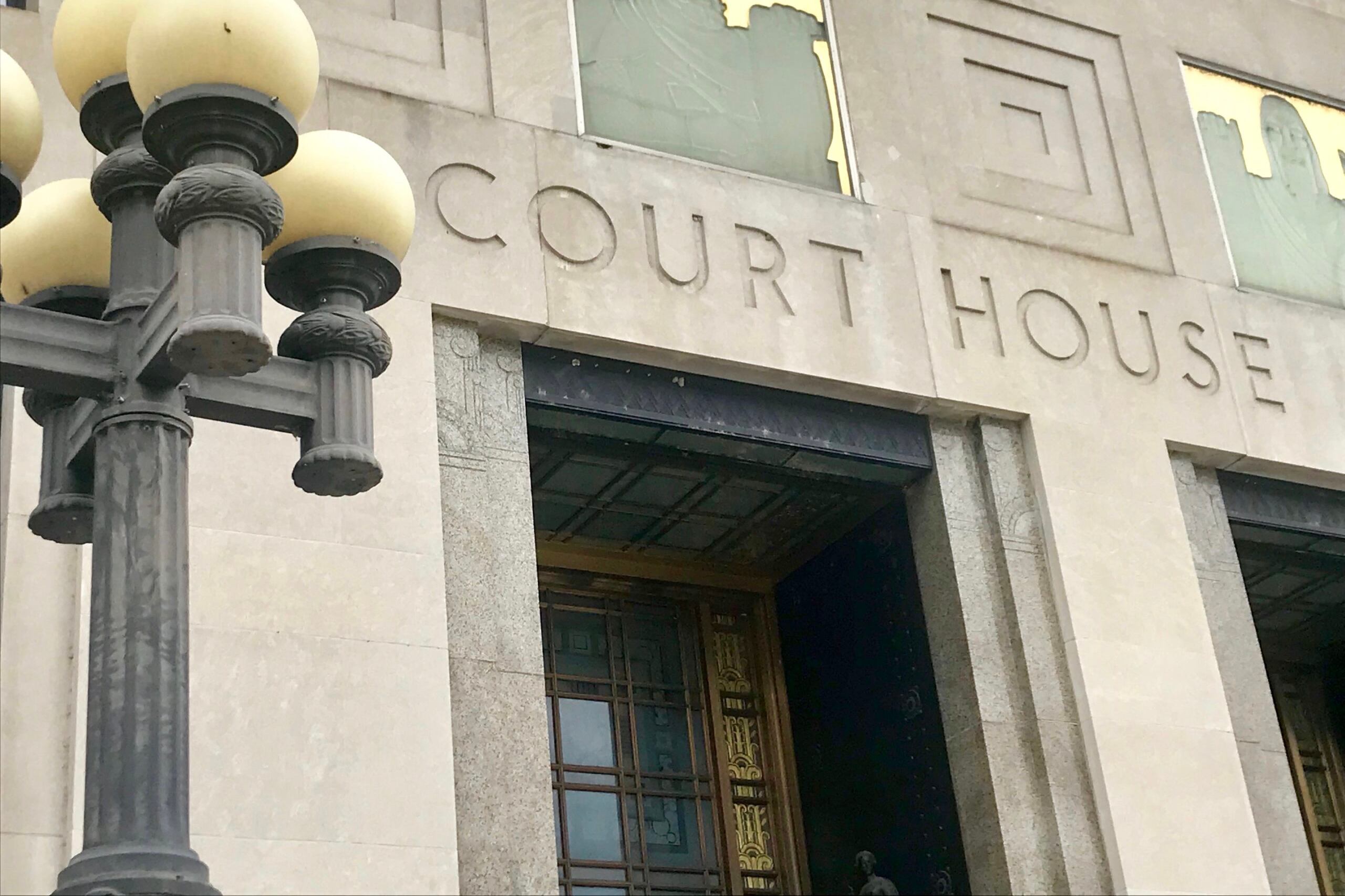Tennessee’s largest professional teachers organization is challenging the constitutionality of a new state law that prohibits school districts from making payroll deductions for employees’ professional association dues.
The Tennessee Education Association filed its lawsuit Tuesday in Davidson County Chancery Court on behalf of its local education associations and 41,000 members statewide. The complaint names Gov. Bill Lee’s administration, which pushed for the change, and the state education department as defendants. Several local education associations have joined the suit.
The law passed in April after Lee proposed legislation linking the controversial ban on payroll dues collection to a popular provision aimed at raising teacher pay.
That link is the crux of the problem, according to TEA leaders who charged that the strategy violates the state constitution’s single-subject requirement for laws.
“Sliding a payroll dues deduction ban in a bill to raise the minimum pay was a cynical attack on Tennessee teachers,” TEA President Tanya Coats said in a statement. “We look forward to our day in court.”
Lee, speaking with reporters during a school visit Tuesday afternoon in Sumner County, said he had no misgivings about a law that both gives to teachers and takes away.
“The intent of that was to give teachers a pay raise and to make sure that taxpayer dollars are used appropriately and not inappropriately,” Lee said. He contends that districts bear costs for administering a dues deduction program.
The lawsuit is the latest volley between Lee’s administration and the influential teachers organization, which has criticized many of the Republican governor’s policies. The TEA has channeled teacher concerns about a 2021 law that, beginning this year, puts students at risk of having to repeat third grade if they don’t score as proficient on a single standardized test used by the state to gauge reading levels. The group also has opposed Lee’s efforts to expand private school vouchers and charter schools in Tennessee.
Lee’s proposal singled out the TEA
In filing its lawsuit, the TEA asked for a restraining order, as well as temporary and permanent injunctions on the payroll dues deduction ban, which is set to take effect on July 1.
In addition to challenging the law’s breadth, the complaint charges that it negates current negotiations and legal contracts between school districts and local teacher associations that include provisions allowing dues deductions for thousands of members.
Steve McCloud, the TEA’s chief attorney, said more than half of Tennessee’s teachers work under such agreements.
“The law is unconstitutional, and we filed suit to protect the rights of our membership to have their voluntary dues dedicated from their paychecks, something they have been able to do for many decades as a matter of convenience and at no cost to school districts,” McCloud said.
Supporters of the policy change said it doesn’t prevent teachers from joining the TEA or electronically paying their dues directly to the organization.
Automatic dues deductions “are a thing of the past,” Republican House Majority Leader William Lamberth declared this spring when arguing for the bill on the floor of his chamber.
But critics from both sides of the aisle noted that the law singles out teachers as the state’s only public employees prohibited from having their dues collected through payroll deductions.
“The state actually takes dues out for different organizations. … Let’s be consistent,” Republican Rep. Gary Hicks, of Rogersville, told the House when urging members to strip the dues deduction provision from the legislation.
Sen. London Lamar, the Memphis Democrat who chairs her party’s caucus, said Tuesday that the law’s ban on dues deductions will further diminish the collective power of Tennessee educators.
“All workers, including teachers, deserve the freedom to organize for better pay, benefits and working conditions — without interference from politicians,” Lamar said in a statement.
Dues provision survived challenge in the legislature
Lee’s annual state address in February drew mostly polite applause — until he promised legislation to increase teachers’ minimum salary from $41,000 to $50,000 over the next four years.
His brief comments about teacher compensation prompted two standing ovations from lawmakers in a state that ranks toward the bottom in K-12 funding and where many teachers have to work 10 to 15 years to reach a salary of $50,000.
Once unveiled, the governor’s proposal — to increase minimum pay to $42,000 this year and $50,000 by the 2026-27 school year — included a surprise provision targeting the TEA and its longstanding process for collecting membership dues.
“Both of these items, the governor believes, are good public policy,” said Brent Easley, the governor’s legislative director, when pressed about including a dues ban in a teacher pay bill.
The legislation stayed intact, despite an initial House vote to remove the dues language. Many opponents eventually backed off in the legislature’s rush to adjourn for the year.
It’s uncertain whether the policy change could lead to a drop in the number of teachers on TEA rolls. The organization already has lost significant power over the last half century.
In 1978, lawmakers banned teachers from striking and in 2011 did away with their collective bargaining rights. No teacher is required to join the organization as a condition of employment.
Still, TEA maintains a strong grassroots network and makes contributions to both Republican and Democratic candidates through its political action committee. That PAC, which is funded through separate contributions and not through dues, has given $1.3 million to state candidates and causes over the last four campaign cycles, according to the Tennessee Journal.
The Professional Educators of Tennessee, a rival organization, already uses its own collection systems for membership dues.
Marta Aldrich is a senior correspondent and covers the statehouse for Chalkbeat Tennessee. Contact her at maldrich@chalkbeat.org.








